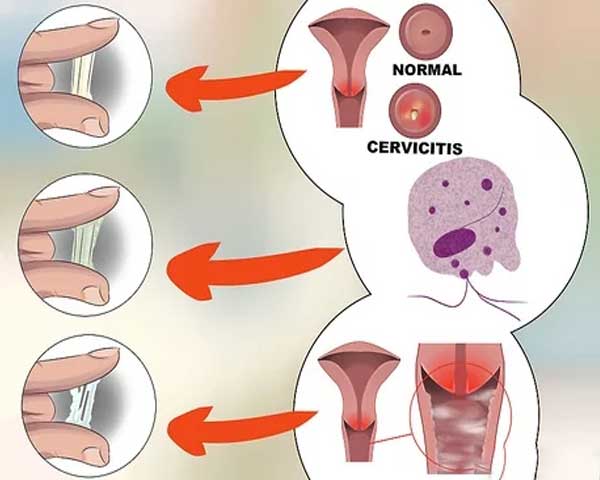Leucorrhoea, also spelled leukorrhea, is a common gynecological condition characterized by a white or yellowish vaginal discharge. While some amount of vaginal discharge is normal and helps maintain vaginal health, an abnormal or excessive discharge may indicate an underlying issue. Here's detailed content on leucorrhoea:
Leucorrhoea: Understanding the Causes, Symptoms, and Management
Definition:
Leucorrhoea refers to a whitish or yellowish vaginal discharge that may occur naturally or as a result of various health conditions.
Causes:
- Normal Discharge: Adequate vaginal discharge is normal and helps maintain vaginal hygiene.
- Abnormal Discharge: Causes may include infections (bacterial, fungal, or sexually transmitted), hormonal changes, poor hygiene, or underlying medical conditions.
Symptoms:
- Normal Discharge: Clear or slightly milky, non-irritating, and odorless.
- Abnormal Discharge: Changes in color, consistency, odor, and associated symptoms such as itching, redness, or discomfort.
Common Risk Factors:
- Infections: Bacterial vaginosis, yeast infections (Candida), and sexually transmitted infections (STIs).
- Hormonal Changes: Pregnancy, menopause, or hormonal imbalances.
- Poor Hygiene: Inadequate personal hygiene practices.
- Diet and Lifestyle: Poor nutrition and unhealthy lifestyle choices.
Diagnosis:
- A healthcare professional may diagnose the underlying cause through a combination of medical history review, pelvic examination, and laboratory tests if necessary.
Management:
- Treatment of Underlying Cause: Addressing the root cause, such as treating infections or managing hormonal imbalances.
- Personal Hygiene: Maintaining good personal hygiene practices, including regular genital area cleaning.
- Diet and Lifestyle: A balanced diet, regular exercise, and stress management contribute to overall vaginal health.
- Medications: Prescribed medications, such as antibiotics or antifungals, may be necessary based on the diagnosis.
Prevention:
- Practicing safe sex to prevent STIs.
- Wearing breathable cotton underwear.
- Avoiding harsh soaps and hygiene products in the genital area.
- Maintaining a healthy lifestyle and a balanced diet.
When to Seek Medical Attention:
- Persistent or severe symptoms.
- Changes in the color, odor, or consistency of the discharge.
- Associated symptoms like itching, redness, or pain.
Conclusion:
Leucorrhoea is a common condition that, in most cases, can be managed effectively with proper hygiene, lifestyle adjustments, and medical intervention when necessary. If experiencing abnormal discharge or related symptoms, consulting with a healthcare professional ensures an accurate diagnosis and appropriate treatment, contributing to overall gynecological health.
